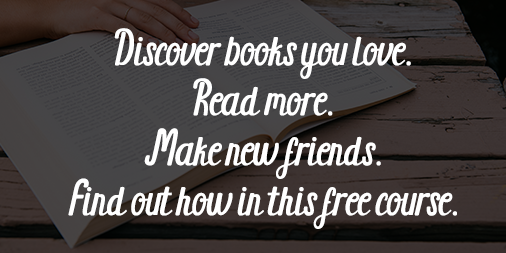Anna Karenina is one of those books that everyone who wants to be well-read has to try at some point, and I had thought that point for me would be a long way off, as I have so many other books I want to read urgently. But one of my tutors for the second term of my Masters degree wanted us to read the first ten chapters for a class, and he was so passionate about the novel, I decided to give at go, and after those ten chapters I was hooked and I decided to finish it.
Anna Karenina has two main storylines, although the fortunes of several characters are interwoven. The first follows Anna Karenina, and the second the characters Kitty and Levin.
Prince Stephen Arkadyevitch Oblonsky is an appallingly awful husband and father. As well as being horrendously careless with money, leaving his wife, Darya Alexandrovna, usually called “Dolly”, to struggle to pay for clothes for the children whilst he goes out gambling and drinking, he has also had several affairs. The latest was with the children’s governess, and when Dolly finds out, she is devastated and wants to leave. Oblonsky doesn’t really repent, he just thinks she needs to calm down, and he asks his sister, Anna Arkadyevna Karenina, the wife of Alexei Alexandrovich Karenin, to help her do this when she visits Moscow.
Whilst the Oblonsky household is in turmoil, Konstantin Dmitrievitch Levin has arrived in Moscow with the intention of proposing to Princess Katerina Alexandrovna Shcherbatskaya, “Kitty”, who is Dolly’s youngest sister. Levin has been in love with Kitty for a long time and has only just plucked up the courage to ask her to marry him. But he soon finds out that Kitty has another love interest, Count Alexei Kirillovich Vronsky.
When Oblonsky goes to collect his sister at the train station, he meets Vronsky, who is there to see his mother, the Countess Vronskaya. It turns out that Anna and the Countess were in the same carriage and have been talking throughout the journey. When Anna and Vronsky meet Vronsky is instantly drawn to her, and at a ball that evening, Vronsky dances with Anna, ignoring Kitty. Soon Anna and Vronsky are having an affair, and Kitty is heartbroken and regrets turning down Levin’s proposal…
The characterisation in this novel is powerful, realistic and precise, and the relationships between characters and their interactions show that Tolstoy was a master at observing human life. Oblonsky is an oblivious socialite, Vronsky also enjoys parties and spends money, but he can afford it and although he cannot really relate to women he loves Anna in his own way. Kitty and Levin both have high principles but a kind of silly naïveté. Dolly is practical and wants more respect from her husband, despairing as he fails to grow up. Anna is socially confident and beautiful, but has obviously been damaged by her loveless marriage to Karenin, twenty years her senior, as she doesn’t know how to trust that Vronsky does love her.
I enjoyed reading Anna Karenina, I would recommend it to everyone but it has not taken my Favourite Book of All Time crown, not by a long shot. There are lots of scenes where Levin is thinking about farming techniques or managing the peasants or discussing them with somebody, and he has seemingly made up his mind as to what he believes, but then something happens and he forgets all that, only for us to go through it all again a few chapters later. Lots of people would find all this information boring to begin with, I didn’t mind it, except that it seemed not to actually have any impact on Levin’s mind in the end. For a long period in the book I was also quite bored of Anna – she is trapped in the same mindset for a long time which is necessary to see how she is slowly destroying herself, but isn’t interesting to read. At that point I was glad every time the narrative switched to following Levin and/or Kitty.
I am glad I read this book, but I don’t think I will revisit it, whilst there are so many other books to read, although I do look forward to giving War and Peace, also by Tolstoy, a go in the distant future! I might also try his novellas, as by definition they must be shorter!
A quick note – the translation I read is the one by Aylmer and Louise Maude, which one of my university tutors said is the best. This is the one published by the Oxford University Press, Wordsworth Classics and Everyman.



